Nigeria Gas Sector
HISTORY OF THE GAS SECTOR IN NIGERIA
The history of oil and gas in Nigeria, its was discover in 1956 at Oloibiri in the Niger Delta. The discovery was made by Shell-BP, at the time the sole concessionaire, Nigeria joined the ranks of oil producers in 1958 when its first oil field came on stream producing 5,100 bpd.
Nigeria is the second largest gas producer in Africa. Gas from the Niger delta basin comes in two types: light, and comparatively heavy – the lighter has around 36 gravity while the heavier has 20–25 gravity. Both types are paraffinic and low in sulfur.
Nigeria’s economy and budget have been largely supported from income and revenues generated from the gas industry since 1960. Statistics as at February 2021 shows that the Nigerian gas sector contributes to about 9% of the entire GDP of the nation.
Nigeria is a major exporter of crude oil and petroleum products to the United States of America. In 2010, Nigeria exported over one million barrels per day to the United States, representing 9% of the U.S. total gas and petroleum products imports and over 40% of Nigeria exports.
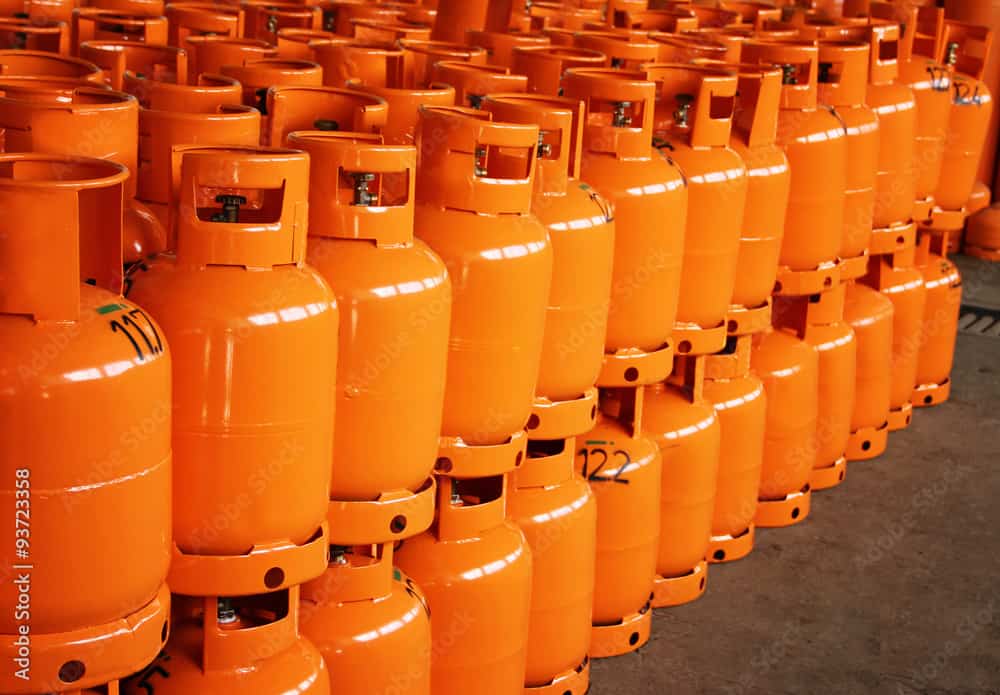
The importance of focusing on the growth of Nigeria's domestic gas industry
According to a recent report by African investment research agency Hawilti, Nigeria has more to gain by focusing on the growth and potential of its domestic gas industry, rather than solely relying on export projects. This presents an opportunity for Nigeria to prioritize the development of its domestic gas industry to drive economic growth and industrialization.
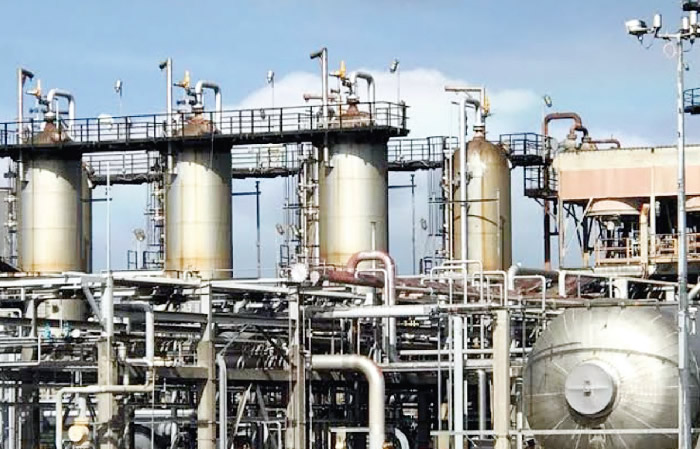
The significance of Nigeria's natural gas reserves
With over 200 Tcf of proven gas reserves, Nigeria holds the biggest gas deposits in Africa and has the potential to become a major global player in the gas industry. This presents an opportunity for Nigeria to leverage its natural gas reserves to drive economic growth, create jobs, and improve the standard of living for its citizens.
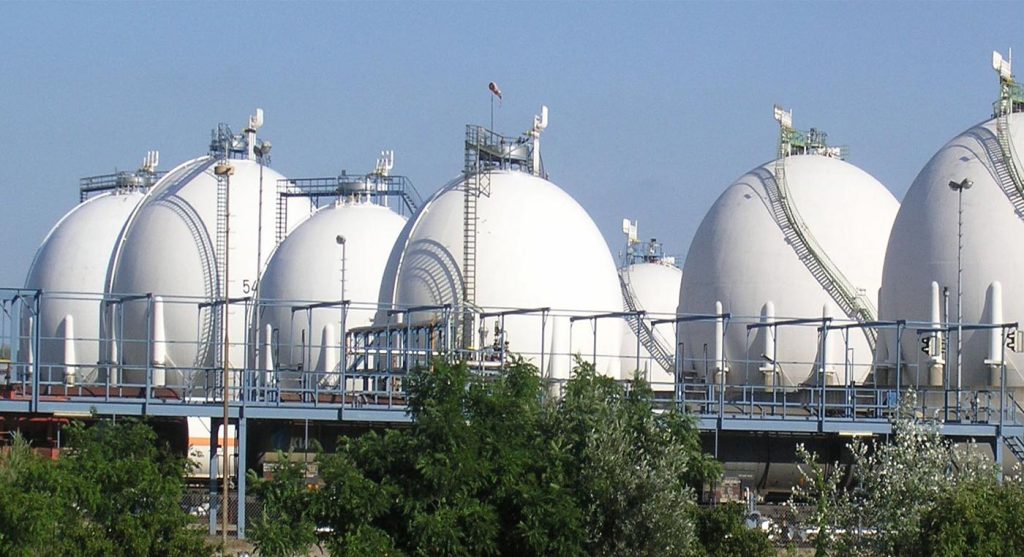
The versatility of natural gas as a fuel and feedstock
Natural gas has the potential to positively impact the economy of any nation that is endowed with it. As a fuel, it burns cleaner and has become the fuel of choice for power globally. As feedstock, it is able to catalyze major industrial growth through fertilizer, petrochemicals, and other related gas-based industries. This presents an opportunity for Nigeria to explore the various uses of natural gas to drive economic growth and industrialization.
Evolution of Nigeria's Gas Sector: From Flaring to Private Sector Participation
Before 1975, the gas sector was characterized by huge amount of flaring because gas was seen as a nuisance. The successful implementation of NLNG in 1999 heralded the start of the evolution of Nigeria’s gas sector. Through very favorable and attractive fiscal incentives, there was a proliferation of new export oriented projects such as WAGL, GTL, etc.
This era also saw a small increase in the utilization of gas in both the domestic power and industrial sectors, resulting in noticeable decline in gas flaring. Gas consumption in the domestic market in Nigeria was relatively flat at approximately 0.3 bscfd. From year 2002, Nigeria began to experience a general increase in domestic demand mostly driven by the power sector. Gas consumption in the domestic market has grown slowly over the years to the current level of about 1.01BCf/d and is projected to grow to about 3 Bcf/d to 5 BCF/d over the next decade with the demand driven by the power sector.
There is now broad acceptance that successful implementation of functioning gas-based industries will require private sector participation, and the Government’s role should be limited to providing the appropriate commercial and regulatory frameworks to stimulate this. Regarded as one of the best in the world, Nigeria’s Natural Gas is low in Hydrogen Sulphide (H2S) and Carbon Dioxide (CO2) impurities. Despite this advantage gas flaring (estimated at nearly $2million/day), constitutes, to date, a phenomenal wastage in Nigeria’s resources. However considerable successes have been recorded in reducing flaring and new initiatives are planned to achieve zero routine flaring.
IMPORTANCE OF GAS IN NIGERIA'S ECONOMY
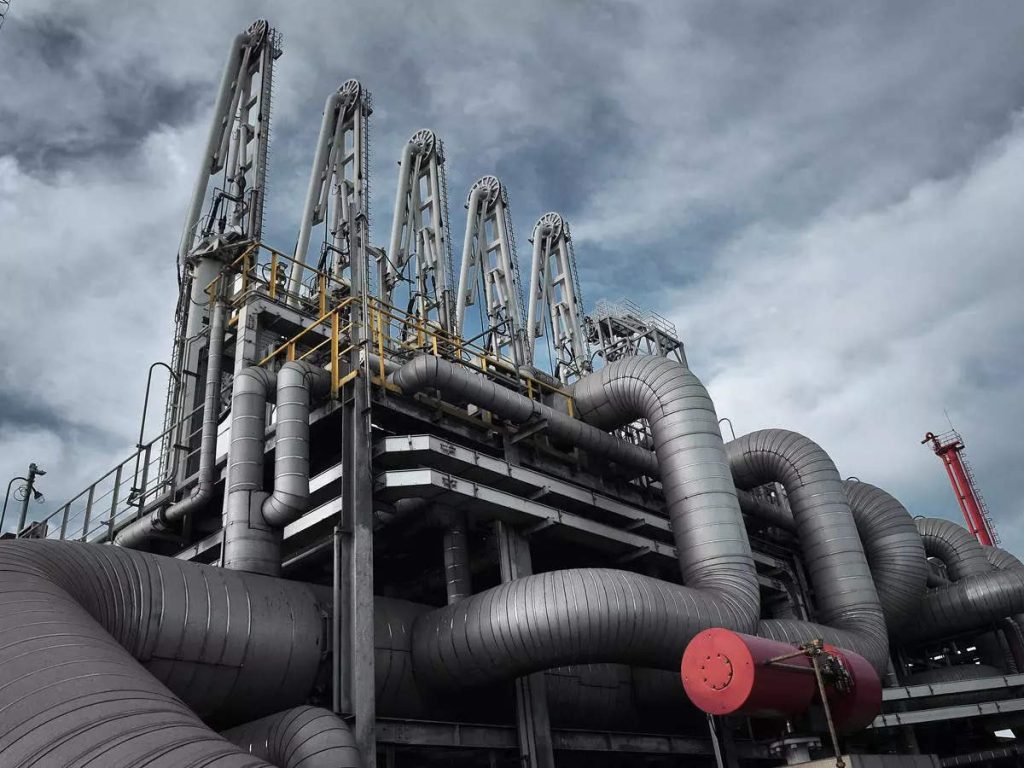
The importance of gas in Nigeria is massive because gas generates about 5.9% to 9% of the country’s GDP and over 95% of Nigeria’s export revenue. Nigeria is the leading oil exporting country in Africa and eighth in the world.
Gas production funds numerous multi-billion investments in Nigeria. The government finances almost all developing sectors, infrastructure, etc., using revenue from gas production. Additionally, the sector provides jobs for millions of Nigerian citizens and has greatly improved people’s living standards.
Nigeria has a total of 159 gas fields and 1481 wells in operation. The coastal Niger Delta Basin has 78 gas fields. Small unproductive fields accounted for 62.1% of Nigeria’s oil production capacity, while the sixteen largest fields produced 37.9% of Nigeria’s petroleum. Below is a list of 10 importance of gas in Nigeria:
Gas production is the main source of revenue
Nigeria's oil revenue has totaled $340 billion in exports since the 1970s, and the gas industry is a significant contributor to this revenue.
Gas is the main source of power for industries
Gas powers many industries in Nigeria, from manufacturing to transportation, promoting industrial growth and development.
Gas is a major source of energy for households
Gas is widely used in households for cooking, lighting, and running appliances, promoting energy security.
The gas industry attracts foreign investors
Foreign investors are drawn to Nigeria's gas industry, creating jobs and boosting the economy.
It creates jobs for many Nigerians
The gas industry provides employment opportunities for diverse professionals and helps reduce unemployment in the country.
Gas production promotes infrastructural developments
Revenue from gas production can be used to build social amenities and improve people's living standards.
Benefits of LPG
INDUSTRY
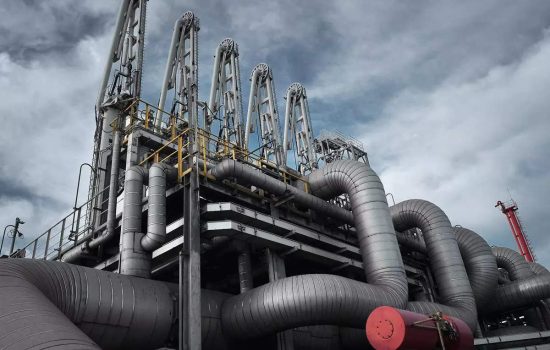
LPG is a versatile fuel that supports a wide range of industrial processes and services, particularly where precision, flexibility in process temperatures, and a strong flame are required. It can be used in industrial ovens, kilns, furnaces, and many other applications.
HEATING

LPG is a reliable and efficient heating fuel for off-grid homes. It offers flexibility in terms of usage, availability, and low emissions. It is easy to store and can be used for a variety of heating applications, including space heating and water heating.
COOKING

LPG is a popular cooking fuel around the world. Switching from solid fuels to LPG can significantly improve indoor air quality, leading to better health outcomes and potentially saving millions of lives. It also provides precise and controllable heat, making it ideal for cooking.
CROP DRYING
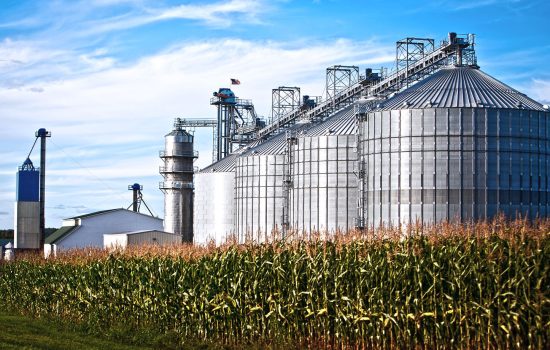
LPG is a highly efficient and effective fuel for powering rice, corn, fruit, and grain dryers, regardless of weather conditions. It helps to preserve the economic value of crops by ensuring they are dried quickly and effectively.
OUTDOOR COOKING

LPG is the fuel of choice for outdoor cooking, whether for barbecues, caravans, or remote hikes. It provides safe and controllable heat, making it ideal for outdoor cooking.
TRANSPORT

Autogas, a type of LPG, is the most common alternative transport fuel. It produces low emissions and virtually non-existent particulate emissions, making an immediate positive impact on local air quality.
BRICK MANUFACTURING
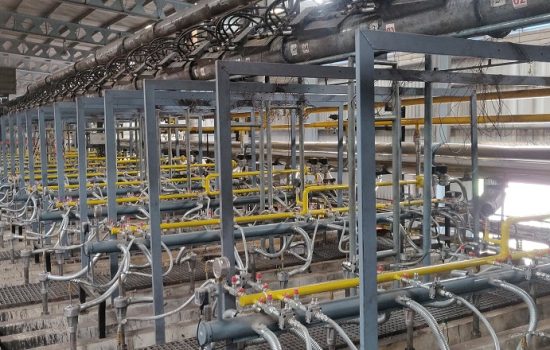
In many countries, brick manufacturing is local and relatively small scale. LPG is the perfect fuel for producing high-quality bricks in a sustainable way. It is clean-burning, highly efficient, and produces lower emissions compared to other traditional fuel sources.
FARMING

LPG is used to increase the production and quality of farm products through crop harvesting, crop drying, and weed flaming. It provides farmers with a reliable and efficient energy source, helping to increase productivity and reduce costs.
Frequently Asked Questions
What is the expected growth rate for the Nigerian gas market?
The Nigerian gas market is expected to register a CAGR of more than 4.5% during the forecast period.
How has the COVID-19 pandemic affected the growth of the Nigerian gas market?
The COVID-19 pandemic has significantly hampered the growth of the market, mainly due to global gas demand contraction and global economic slowdown. The outbreak of COVID-19 led to the price crash in April 2020, leading to a significant reduction in CAPEX spending by gas companies globally.
What are the factors expected to drive the Nigerian gas market during the forecast period?
Factors such as increasing investments in the upstream sector and the development of large-scale and modular refineries in the country are expected to drive the country’s gas and market during the forecast period.
What are the major issues faced by the gas market in Nigeria?
Gas production has been hampered in Nigeria in the past few years due to the attack on gas infrastructure by militants. Furthermore, gas theft has been one of the major issues faced by the gas market in Nigeria, which resulted in huge losses to operating companies in the country.
What is the expected growth in the upstream segment of the Nigerian gas market?
The upstream segment in the market is expected to witness significant growth, owing to the increasing offshore exploration and production activities which are mainly driven by the efforts of the government to improve the country’s hydrocarbon industry.
What is the status of Nigeria's refining capacities?
Lack of infrastructure, uncertainties in regulations, and security concerns have led Nigeria to underutilize its refining capacities, thereby pushing the country to become a net importer of refined petroleum products. However, Nigeria is on the edge of altering refined products’ supply dynamics in the region with the help of the upcoming Dangote Refinery, and it is expected to become the regional refining hub in the coming years.
